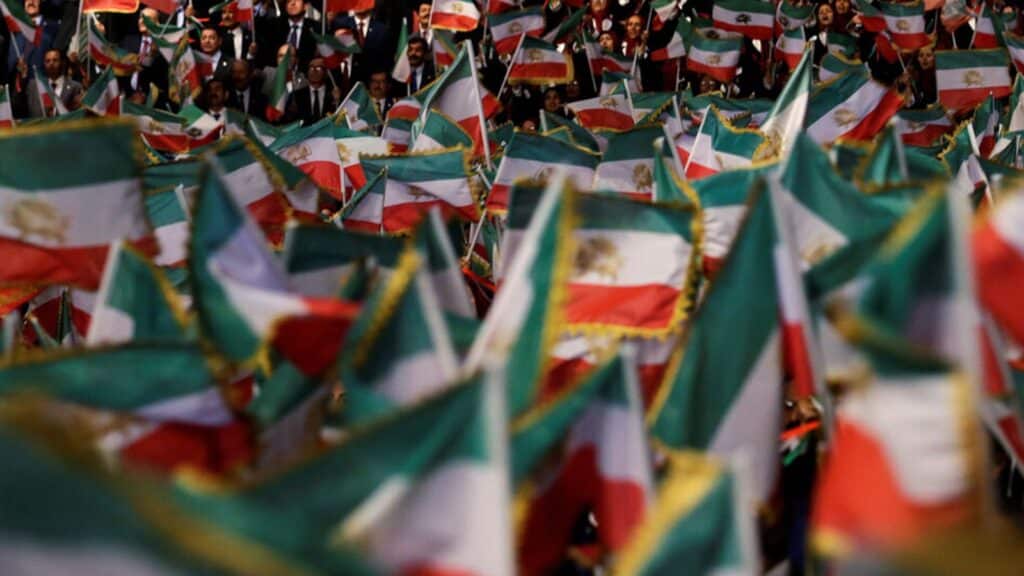Iran has executed two alleged members of the exiled militant group Mujahedin-e-Khalq (MEK) — Mehdi Hasani and Behrooz Ehsani, known by the aliases Fardin and Behzad — following a court verdict accusing them of carrying out bomb attacks in residential and public service areas.
According to Iran’s state news agency Tasnim, the two men were convicted of using improvised explosive devices (IEDs), launchers, and handmade mortars to attack residential buildings, administrative sites, training centers, and welfare organizations in Tehran, allegedly aiming to spread chaos and terror. Authorities claim they rented a house in the capital as a base for their operations and were in contact with senior MEK operatives.
However, the executions have sparked strong criticism from international rights groups. Amnesty International condemned the punishment, calling the trial “unfair,” and noted that the accused were initially acquitted in a prior trial. Amnesty insists the latest verdict represents a miscarriage of justice.
The UN High Commissioner for Human Rights also raised concerns in a recent report, revealing that Iran executed at least 901 individuals in 2024 — the highest number in a single year since 2015.
The case adds to growing international scrutiny over Iran’s judicial system and its use of capital punishment in politically sensitive cases.





